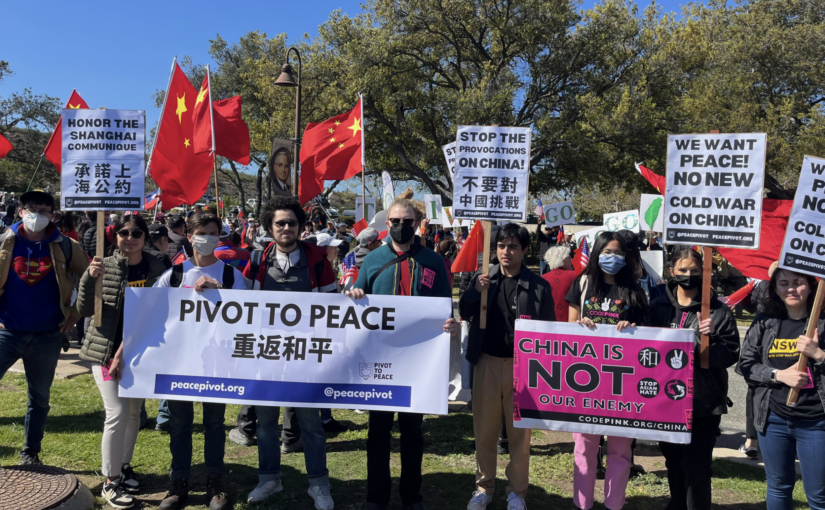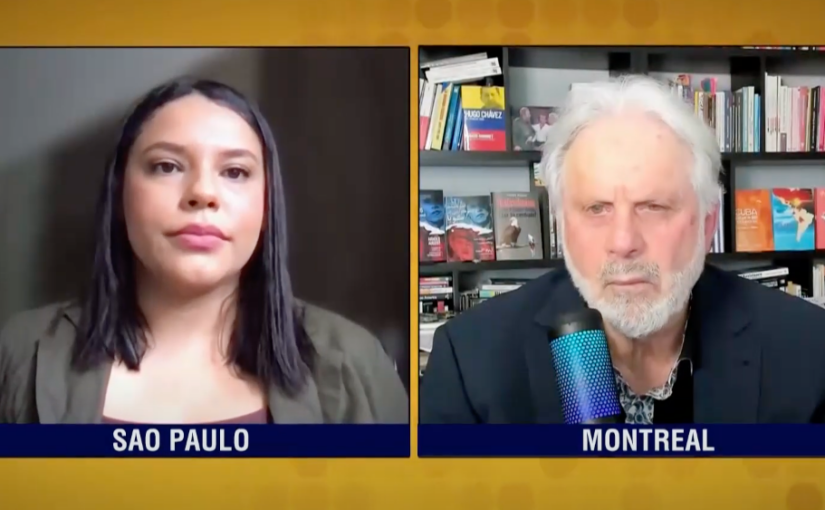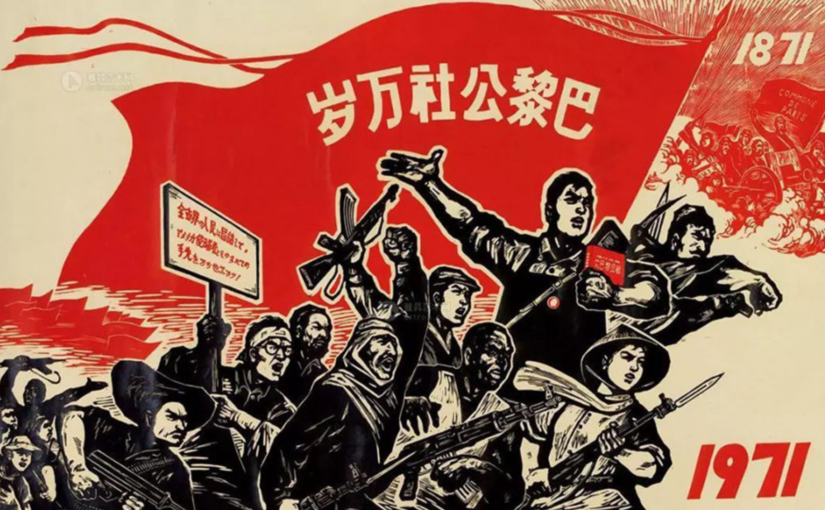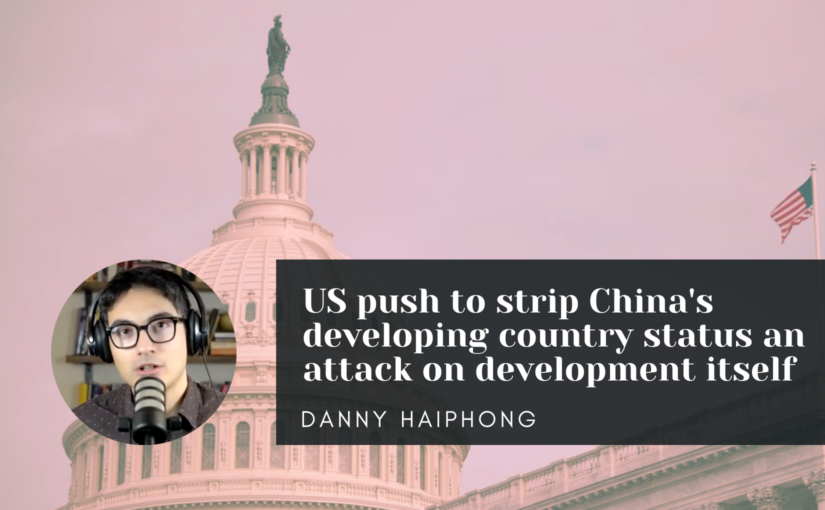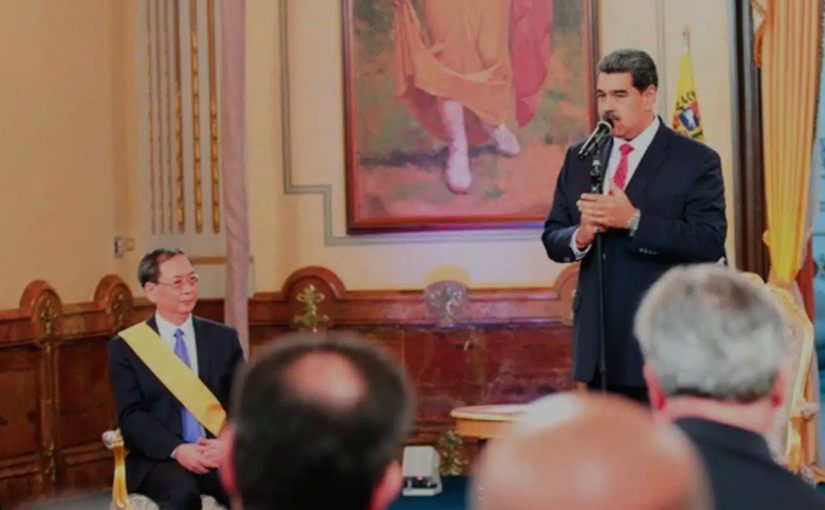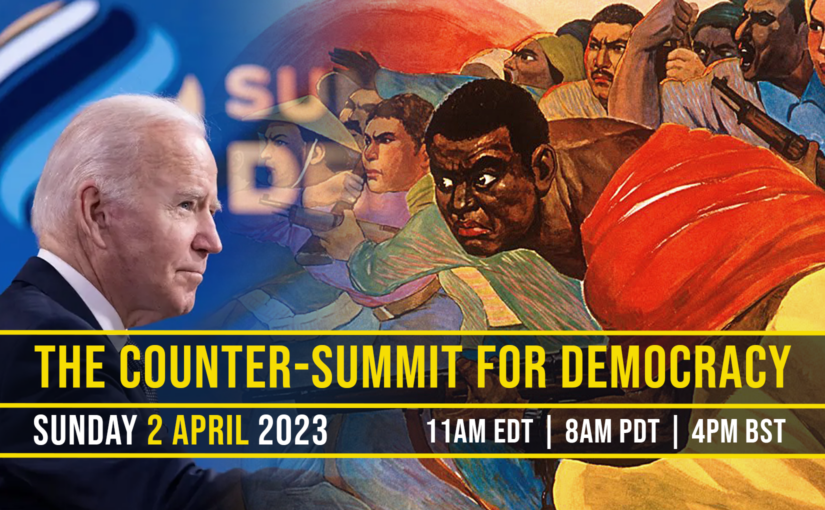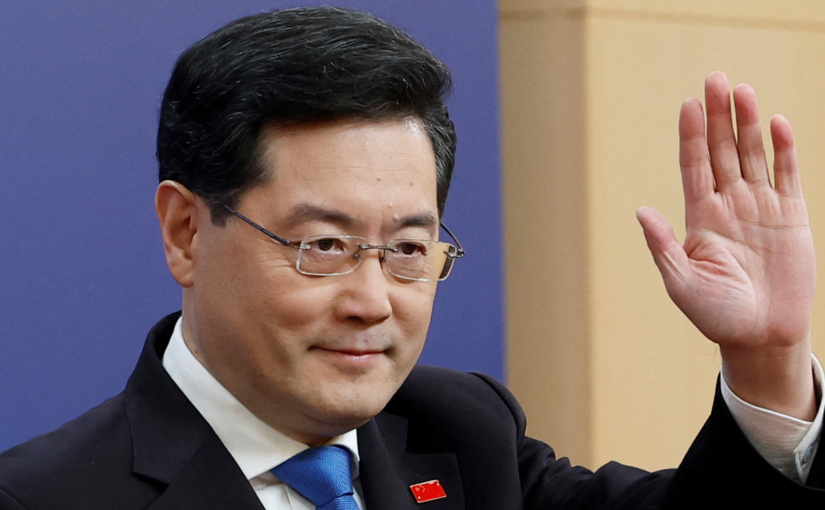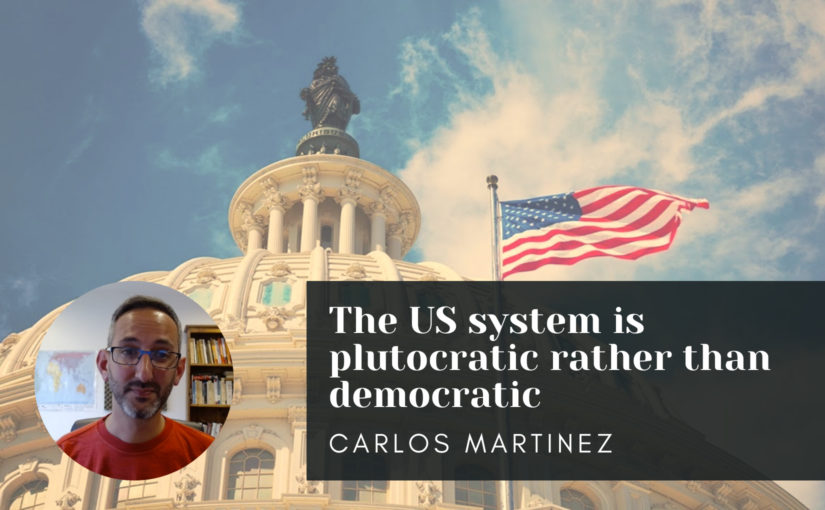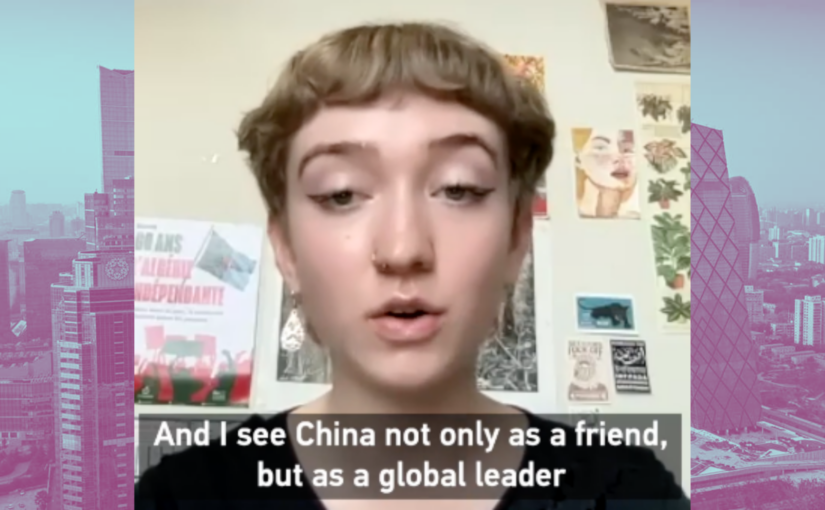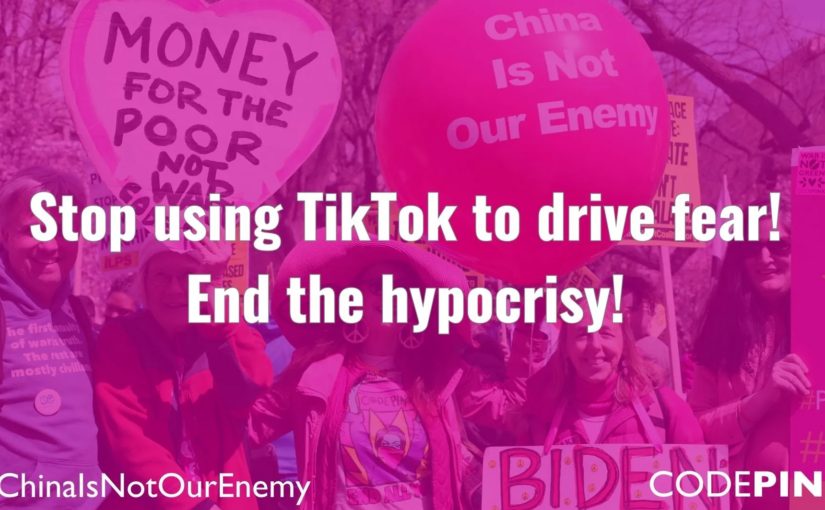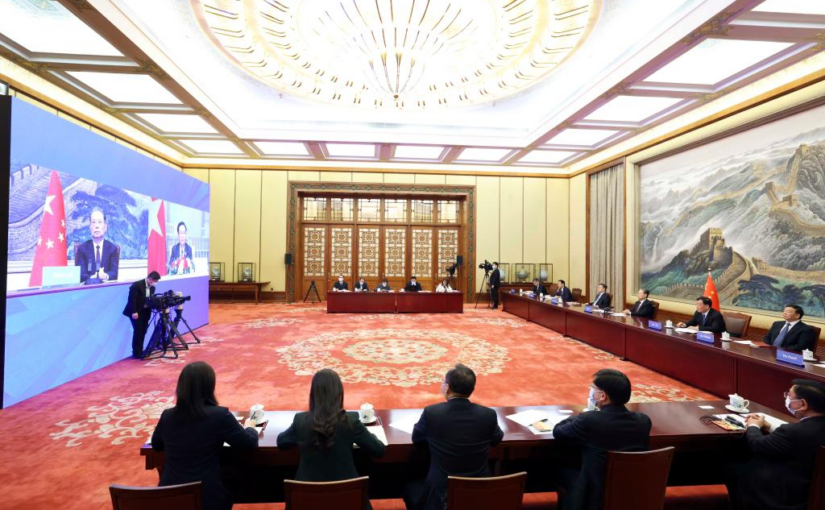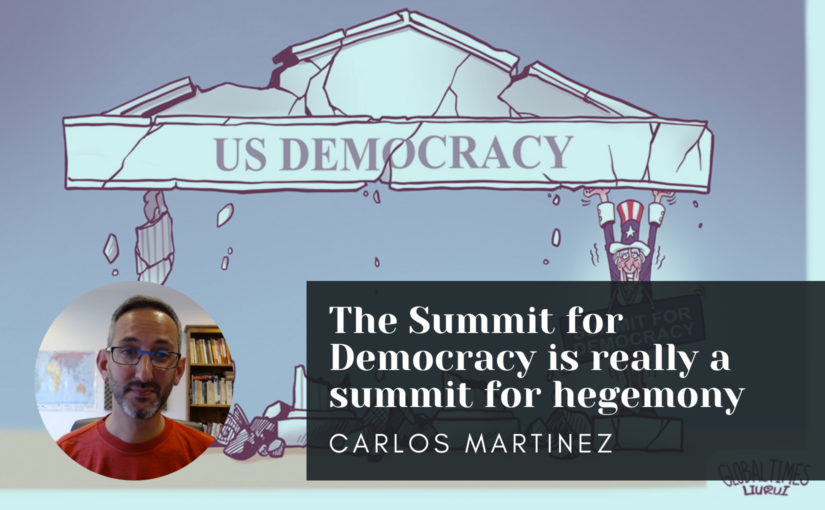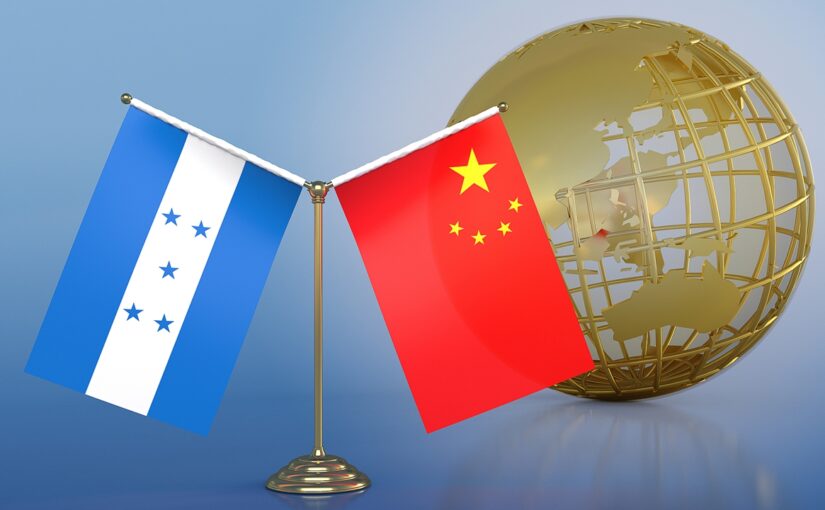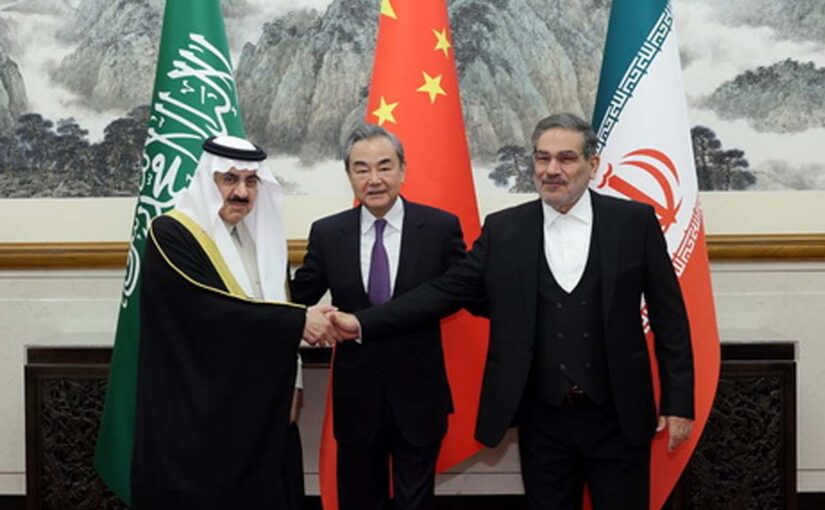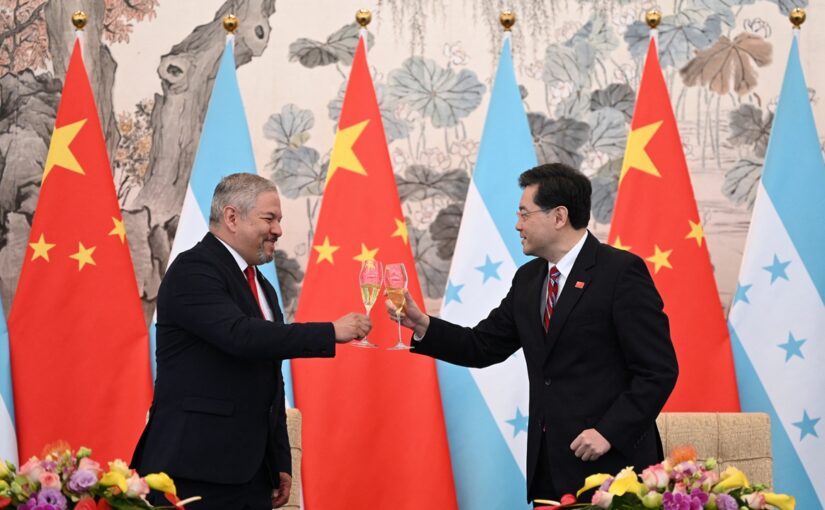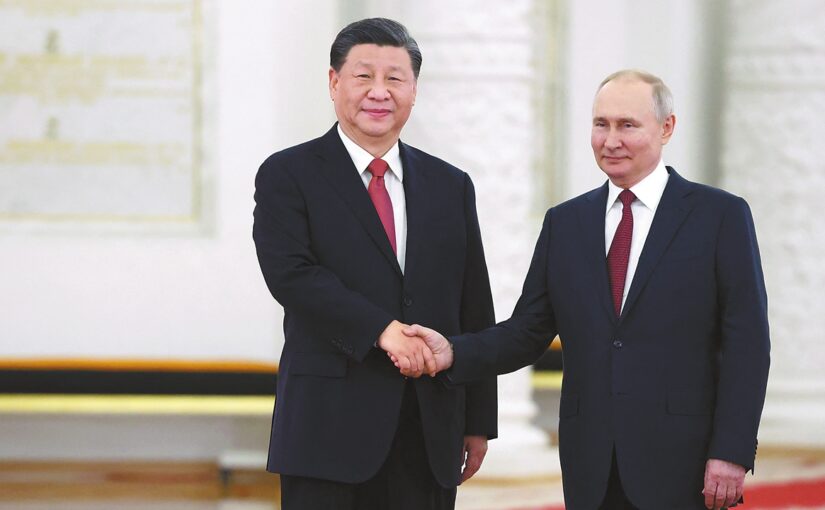Even more than 70 years later, the claim, advanced by the People’s Republic of China and the Democratic People’s Republic of Korea (DPRK), that the United States resorted to bacteriological, or germ, warfare during the 1950-53 Korean War (known in China as the War to Resist US Aggression and Aid Korea and in the DPRK as the Fatherland Liberation War) remains one of the most controversial issues surrounding that brutal conflict. Official western circles have constantly tried to dismiss it as nothing but crude communist propaganda, despite its corroboration by various international delegations, including some of the finest minds of the age, such as the world-renowned British scientist, Dr. Joseph Needham.
In this important and detailed article, which we are very pleased to reprint from The Canada Files, Jeffrey S. Kaye, sheds signicant new light on the issue, centered on possible Canadian involvement and the stand taken by the then Chair of the Canadian Peace Congress, Rev. James G. Endicott.
Like Needham, Endicott was an important historical figure. As the article notes: “He was a famous churchman who spent over two decades as a missionary in China, and was a leader of Canada’s United Christian Church. Endicott was well-known inside Ottawa’s government hallways. In the 1940s he had been an adviser to Soong Mei-ling, aka Madame Chiang Kai-Shek, and China’s New Life Movement…Endicott had tried to convince Chiang Kai-Shek, unsuccessfully, of the importance of implementing land reform. Reporting back to the OSS [Office of Strategic Services, the US intelligence agency in World War II] on Chinese leaders in both the Kuomintang and Communist Party, Endicott found himself more and more drawn to the sincerity and popularity of the Communists, and he came to feel they offered the best hope for the Chinese people.”
Referring to the role of Fort Churchill in Canada’s Manitoba province, Kaye cites a 2020 book by Nicholson Baker, Baseless: My Search for Secrets in the Ruins of the Freedom of Information Act, which described the military facility as the site of “Canada’s Defence Research Northern Laboratory, which did cold-weather weapons testing.” The area had been used by Chemical Corps researchers since 1946 and was the site of a US test release of radioactive mosquitoes in 1949. That same year, suspicions fell upon the site after a number of Inuit [indigenous people] succumbed to a mysterious illness.
This was significant as: “Quite famously, the first reports of US germ warfare in 1952 came during the dead of the Korean and Manchurian winter. Critics pointed to pictures the Communists released of insects wiggling on mounds of snow. They made much of the fact that it seemed absurd to think insects could be used as weapons in such a harsh climate.
“Was the secret work at Fort Churchill related to experiments with insect cold-hardiness or perhaps the breeding of more cold resistant insects and bacteria to be used in germ warfare during the Korean War…
“Biological warfare researchers in the West, as well as in Japan, were interested in how their bioweapons would work in wintry conditions. This was important as from the standpoint of these countries, the Soviet Union, with its vast tracts of frigid countryside, was thought of as their most likely target.
“Shiro Ishii, the leader of Unit 731, Japan’s World War Two biological warfare unit, was, according to General MacArthur’s office in postwar Tokyo, an expert on ‘the use of BW in cold climates.'”
Japan’s Unit 731, which was based in the northeastern Chinese city of Harbin, was notorious for its cruel experiments on Chinese, Soviet and other prisoners. It is well-established that its work was taken over by the United States following the conclusion of World War II.
The article also cites entomologist Jeremy A. Lockwood’s book, Six-Legged Insects: Using Insects as Weapons of War, establishing a connection between biological warfare research by Canada and the USA’s still notorious Fort Detrick: “Although Camp Detrick’s upper echelon was partial to airborne dissemination of pathogens, the Canadians’ progress with rearing and disseminating insect vectors could not be dismissed. Entomologists from the two countries collaborated on a series of field experiments ranging from the banal to the bizarre.”
Faced with tremendous threats and pressure, including calls for him to be charged with treason, Kaye details Endicott’s stand:
“For his part, faced with strong public criticism from Canadian politicians and editorial writers, not to mention possible prosecution, Dr. Endicott denied having accused Canada of any cooperation with the United States in biological warfare attacks against China or the DPRK. But, Endicott reiterated his belief in the veracity of China and the Democratic People’s Republic of Korea’s charges regarding US use of biological weapons. His conviction stemmed from a recent trip to northeast China, where he visited alleged germ war attack sites, and interviewed Chinese scientists, as well as peasant witnesses to the infected insects and feather bomb attacks.”
He continues: “Both declassified records and oral histories have been used in recent years to document the fact that Canada was in league with the United States biological warfare program. Endicott, knowing he was walking on thin legal ice – the Canadian government had recently passed a draconian law against anyone speaking out against allied forces fighting in the Korean War – may have pulled his punches to stay out of prison.
“The new law stated that a Canadian citizen could be prosecuted for ‘assisting, while in or out of Canada, any enemy at war with Canada or any armed forces against whom Canadian forces are engaged in hostilities whether or not a state of war exists between Canada and the country whose forces they are [fighting].'”
Moreover, this matter is not merely of historical interest. As Kaye explains: “According to Canada’s 2022 submission to the UN Biological Weapons Convention (BWC) review conference regarding ‘confidence building measures’ relevant to adherence to the Biological Weapons and Toxin Convention, Canada’s Biological Defence Program at DRDC spent ‘approximately $3,365,269 CAD.’ Another $4 million was spent on contracts with ‘external entities’ in industry and universities.
“Canada’s BWC document states, ‘No offensive [BW] studies of any kind are permitted by the Government of Canada.’ But it notes that military research does continue on ‘the mode of action and toxicity of toxins and the mode of action and infectivity of biological agents,’ supposedly exclusively for defensive purposes. But the Canadian government has made such claims historically before, and has been proven to have lied.”
Despite the threats made against him, Rev. Endicott continued to campaign. As the article notes: “On Sunday 11 May 1952, Dr. Endicott appeared before approximately eight to eleven thousand attendees at Toronto’s Maple Leaf Gardens. He was the featured speaker at a rally commemorating the close of a three-day session of the Canadian Peace Congress. According to Endicott’s biographer, son Stephen Endicott, in his 1980 book, James G. Endicott, Rebel Out of China (University of Toronto Press), the meeting was threatened by Endicott’s ‘opponents [who] arrived at Maple Leaf Gardens with eggs, tomatoes, firecrackers, stink-bomb, and placards’ (pp. 295).
“In response to the threat, Peace Congress officials had called upon five hundred ‘peace supporters, seamen, auto-workers, steel and electrical workers, miners from Sudbury, and other trade unionists’ who volunteered to protect the meeting. In the end, there was no significant disturbance (p. 296). The Canadian government intervened to the extent it could by preventing black scholar WEB DuBois from crossing the US border to address the meeting…
“In Dr. Endicott’s pamphlet, I Accuse, published after the May 1952 speech, the former missionary, turned activist against imperialist war crimes, asked the public:
If you had seen what I have seen, what would you say?
What would you say if you had seen with your own eyes sections of the brains of children who had died from acute encephalitis following germ-war bombardments by US aircraft?…
If you had talked to churchmen and Red Cross officials who thoroughly confirmed what the others said?
If as a result of all this you found out beyond reasonable doubt that germ warfare had been committed, what would you say?
Would you be silent? That would make you an accomplice.
Or would you speak out?”
This is an important and well-researched article which deserves to be carefully read.
